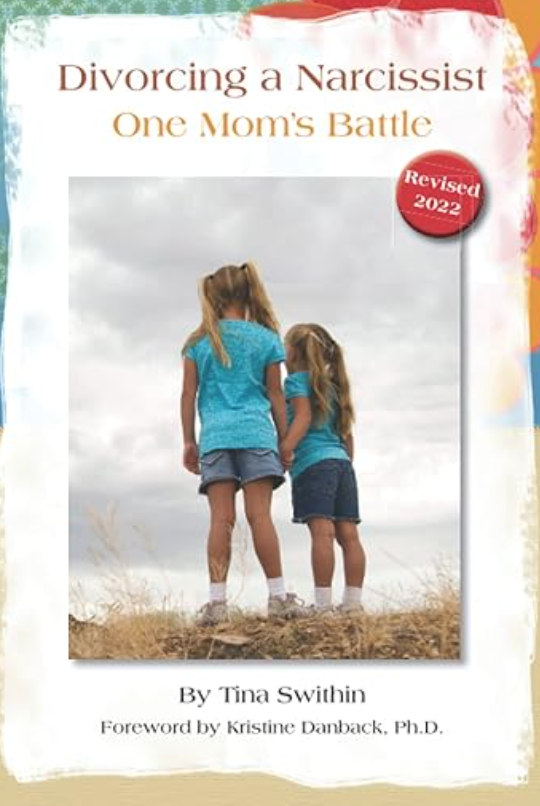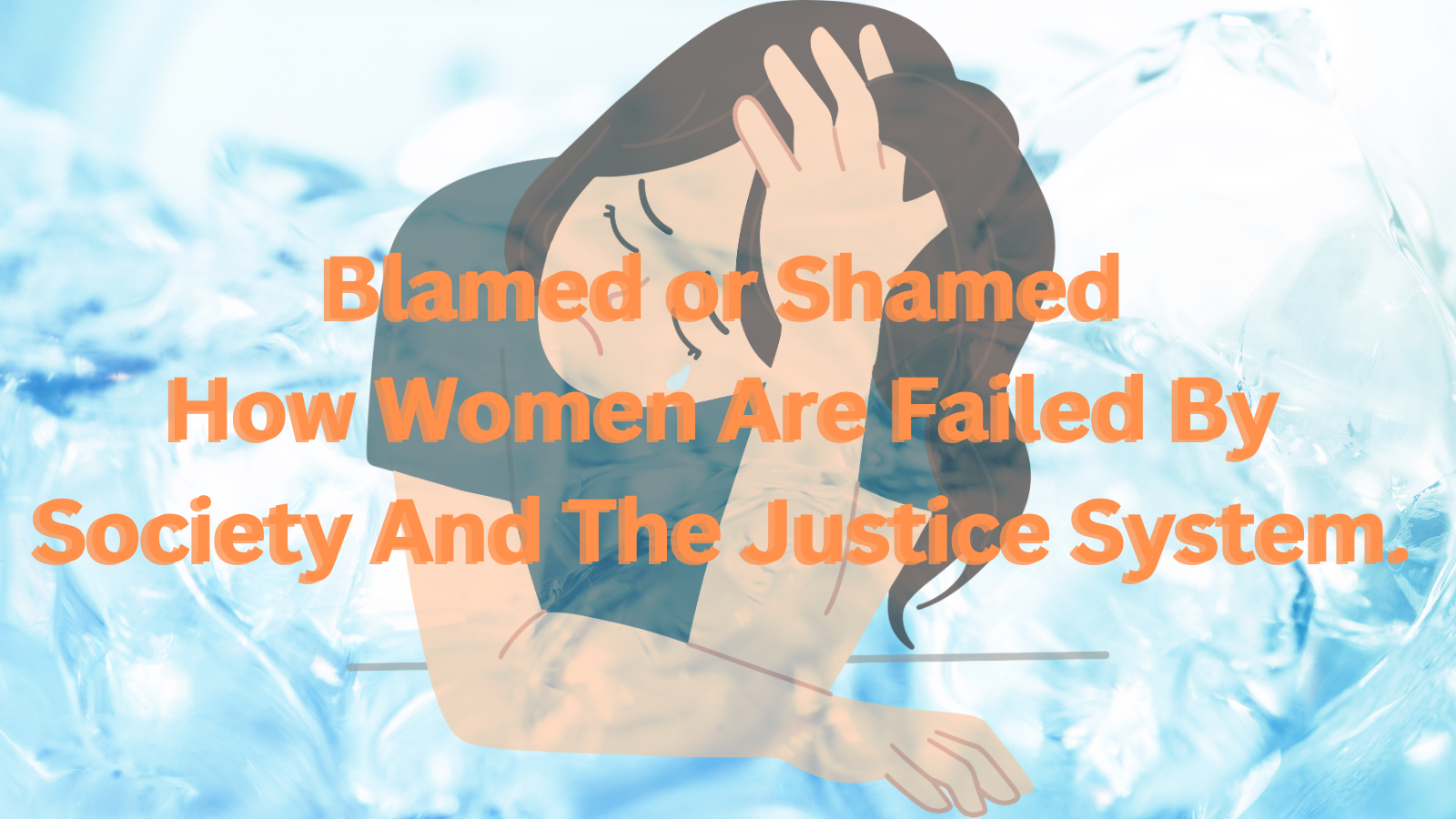Gender-Based Violence. Providing Some Examples of How Women Are Failed By Society And The Justice System.
Questioning Their Actions: Victims are often asked why they didn’t leave the abusive relationship sooner. Implying they had control over the situation and chose to stay.
Here are two key examples illustrating why leaving an abusive relationship is not always a straightforward option:
1. Financial Dependence and Lack of Resources
Many abusers control their victims financially by restricting access to money, employment, and financial independence. Economic abuse can include preventing the victim from working, controlling their bank accounts, or giving them a strict allowance. Sabotaging their employment opportunities and without financial resources, the victim may feel trapped and unable to survive alone, let alone secure housing and legal help to leave the relationship safely. (Women’s Health.gov)
Lack of Support Networks: Women who have been isolated from friends and family by their abusers often find themselves with no support network to turn to. Abusers may use tactics like moving to remote areas. This cuts off communication with loved ones, and creates dependency on the abuser alone. This isolation makes it incredibly difficult for victims to find a safe place to escape to. They are unable to receive emotional and practical support from friends and family (Women’s Health.gov)
2. Fear of Retaliation and Escalated Violence
Threats and Fear of Harm: Abusers often use threats of further violence, and harm to children, or pets. Sometimes, there are threats of self-harm or even harm of loved ones, to prevent the victim from leaving. The fear of these threats being carried out can be paralyzing. Studies show that leaving an abusive relationship can be the most dangerous time for a victim. Abusers may escalate their violence to regain control or punish the victim for leaving (Women’s Health.gov)
Legal and Child Custody Concerns: Many victims fear losing custody of their children. Plus facing legal battles that the abuser can manipulate to their advantage. Abusers may threaten to take children away or claim the victim is unfit to provide a stable home. Obtaining Justice in the legal system can be intimidating and often requires financial resources. Many victims do not have support or money, which further complicates their ability to leave safely.
Blaming the Victim’s Behavior: Friends and family may suggest that the victim provoked the abuse. That their actions, behaviour, or attitudes were the issue.
Imagine you reach out to a family member to talk about your experience of verbal and physical abuse. Instead of support and understanding the family member says, “Maybe if you didn’t argue with him so much, he wouldn’t get so angry.” This implies that your disagreements are provoking your spouse’s violent reactions. The victim is then isolated and is prevented from seeking further help, as they now believe they are somehow to blame for his angry outburst and violent behaviour.
Disbelief and Dismissal: Friends, family, or professionals may outright not believe the victim, dismissing their experiences as lies or misunderstandings.
Criticising Their Appearance: Comments on the victim’s clothing or appearance suggest they invited the violence.
Doubting the Severity: Professionals and acquaintances may downplay the severity of the abuse, implying that the victim is exaggerating.
Focusing on the Perpetrator’s Reputation: Emphasizing the perpetrator’s good standing or achievements can lead to discrediting the victim’s accusations.
Example: A prominent case illustrating how emphasizing a perpetrator’s good standing or achievements can discredit the victim’s accusations is the Brock Turner case. Brock Turner, a former Stanford University student and swimmer, was convicted of sexually assaulting an unconscious woman in 2015. During the trial and sentencing, much of the defence focused on Turner’s achievements. His potential future was put before the severity of his crime.
The Judge in the case gave a lenient sentence. Based on the perpetrator having no previous criminal record and his potential for future success. The media emphasised his status as a Stanford student and swimmer, so undermining the victim’s credibility. The victim anonymously reported that the focus on Turner’s potential affected her sense of justice and recognition of her trauma. This gives no understanding of how her potential for future success was not considered.
Assuming Mental Health Issues: Suggesting that the victim’s reports are a result of mental health problems rather than actual abuse.
When a victim makes a report the first defence of the perpetrator can be the mental health of their victim. Accusing a victim of mental health problems is a manipulative tactic often used by abusers to protect themselves. This strategy can significantly impact the victim’s credibility, influence public perception, and hinder the pursuit of justice.
The world was watching the recent case of Depp vs Heard. Depp’s legal team suggested Amber Heard’s allegations were a result of her mental health issues rather than actual abuse.
Shaming for Breaking Silence: When victims speak out, they might be accused of seeking attention. Or trying to destroy the abuser’s life.
This is my own experience. After the abrupt termination of the relationship, I was subject to intimidation, threats, verbal abuse and humiliation. It took a few weeks before I realised that the whole relationship was a lie from the start. I started speaking out on my Social platforms, partly due to ‘trauma’. And partly to raise awareness of my experiences of gaps in the laws and the failures of the Justice system.
People have opinions and do not fully understand what a person in an abusive situation has experienced. One person even said, “It’s drama, drama, drama.” The professionals I sought advice from didn’t help the situation. Then I was accused by the former partner of trying to destroy his life. When the truth was he was trying to destroy my life. I self-published by story in a creative non-fiction.
Economic Dependency Criticism: Blaming victims for staying due to financial dependency, suggesting they are exploiting the situation.
I have heard women being accused of being “parasites” and “gold diggers” and even another woman who said, “I’ve never been dependent on a man, just get a job”. When they had no idea of the victim’s past, and how they had started a relationship as an independent income-earning businesswoman who had already been through a Divorce years before with zero financial support from the husband and father of the children.
Cultural and Social Norms: Using cultural or social norms to justify the abuser’s behaviour and shame the victim for not conforming.
Here are some key cultural or social norms that are frequently used to brush bad behaviour under the carpet.
Male Dominance: In many cultures, the belief that men should be the dominant figures in a household is pervasive. This patriarchal mindset can justify controlling and abusive behaviour as a way for men to assert their authority and maintain control.
Women’s Submissiveness: Women are often expected to be submissive and obedient to their male partners. When a woman resists or stands up for herself, she can be blamed for provoking abuse by not adhering to these submissive roles. (Women’s Health.gov)
Keeping Family Matters Private: In some cultures, there is a strong taboo against discussing family issues outside the home. This can pressure victims to remain silent about abuse to protect family honour. Those who speak out may be shamed for bringing disgrace upon the family. You may have heard the term “Don’t wash your dirty linen in public”. Meaning not to talk about private matters in public. The thing is this does not help the situation, women victims of gender-based violence need support. They do need to speak about what happens behind closed doors. Getting help can make a difference between life and death sometimes.

In her book, Tina will explain how a smart, independent woman can fall prey to a narcissist. Tina discusses the red flag reflections that she didn’t initially recognize with the hope of educating others on the warning signs that she missed. Sometimes, giving the benefit of the doubt and trying to see the best in others comes at a great cost.
Divorcing A Narcissist One Moms Battle
“As an Amazon Associate, I earn from qualifying purchases.”


